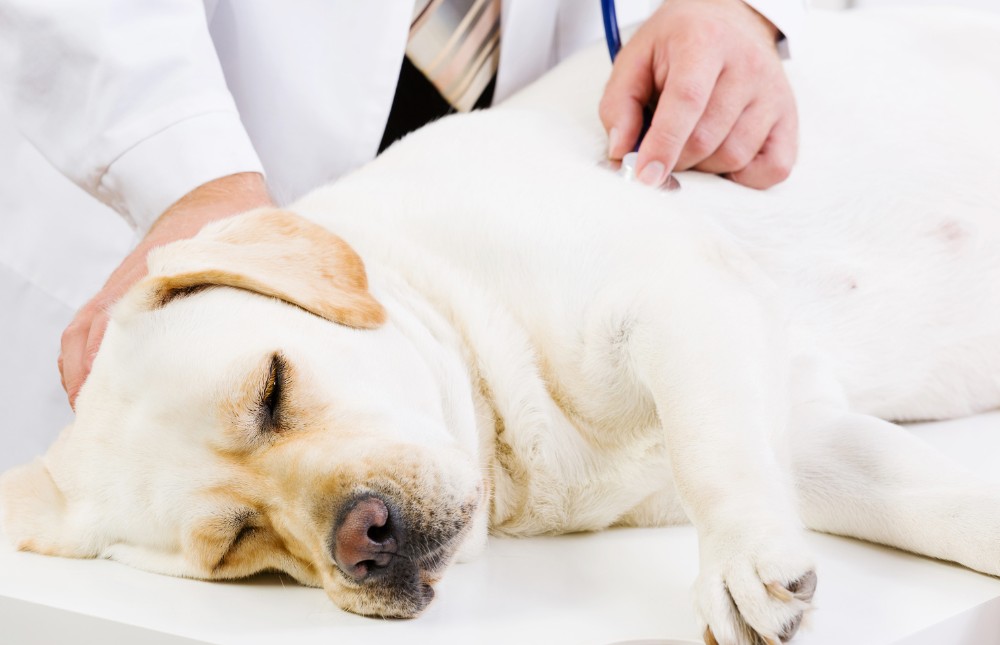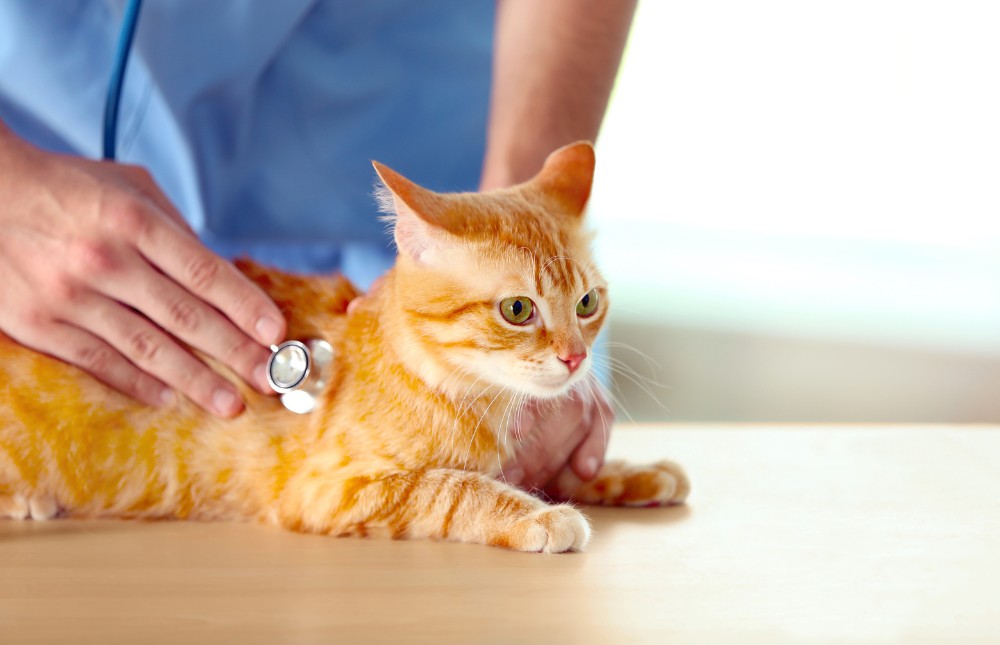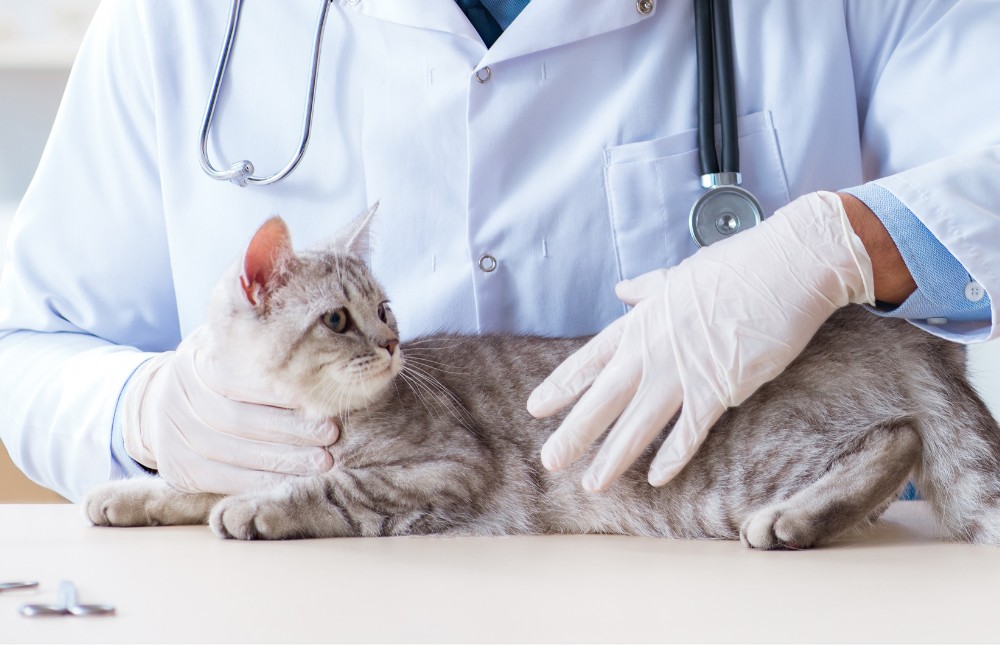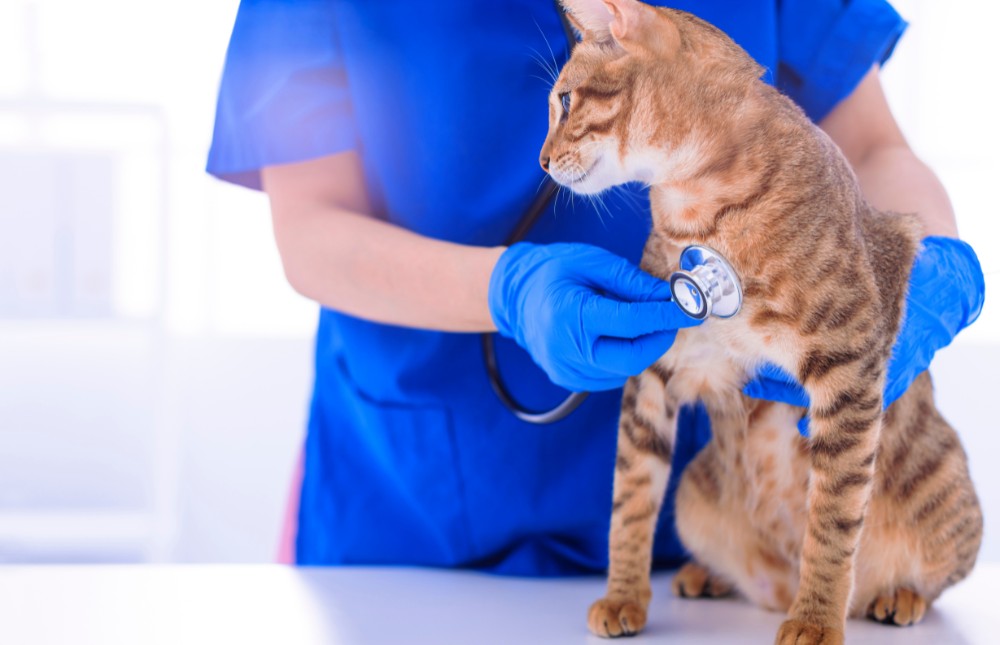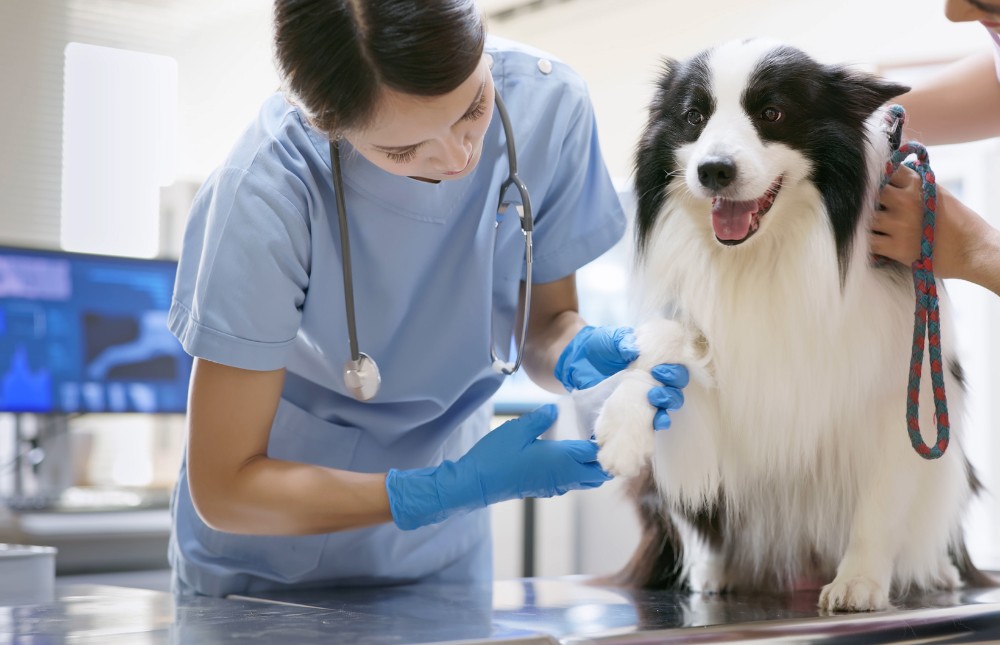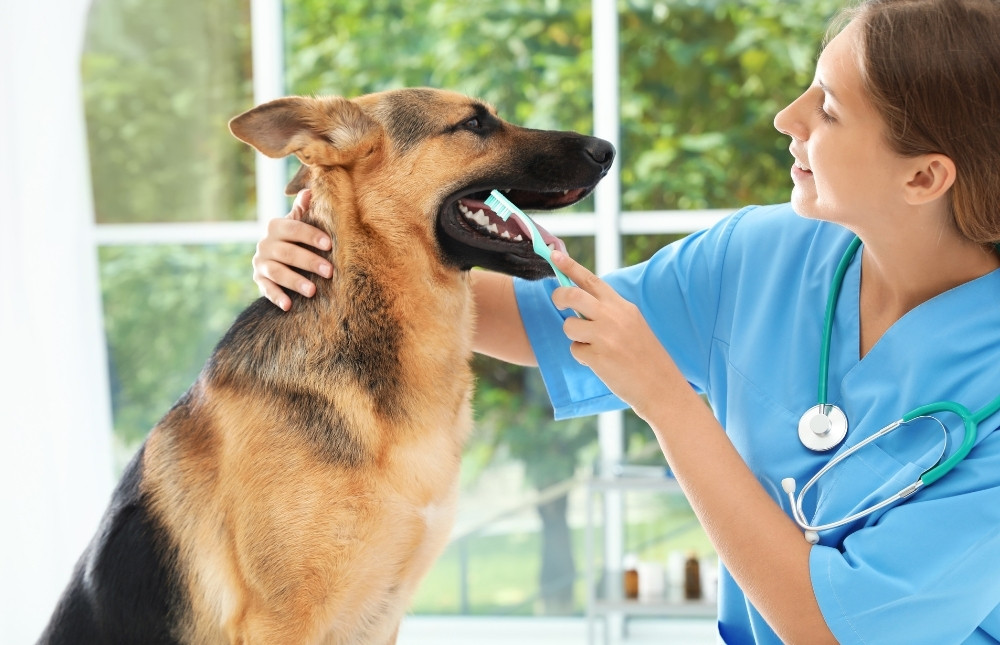Veterinary Services
We understand that your pet is part of your family.
Services for Animals
You’ll want to find a veterinarian you and your pet feel comfortable with. At the Animal Hospital of Tiffin, you’ll meet our excellent staff and caring veterinarians who will ensure your pet lives a long and healthy life.
Small Animal Services
At Animal Hospital of Tiffin, we strive to offer high-quality services at competitive prices. Our doctors and staff attend continuing education conferences and webinars to stay up-to-date on the latest information in veterinary medicine.
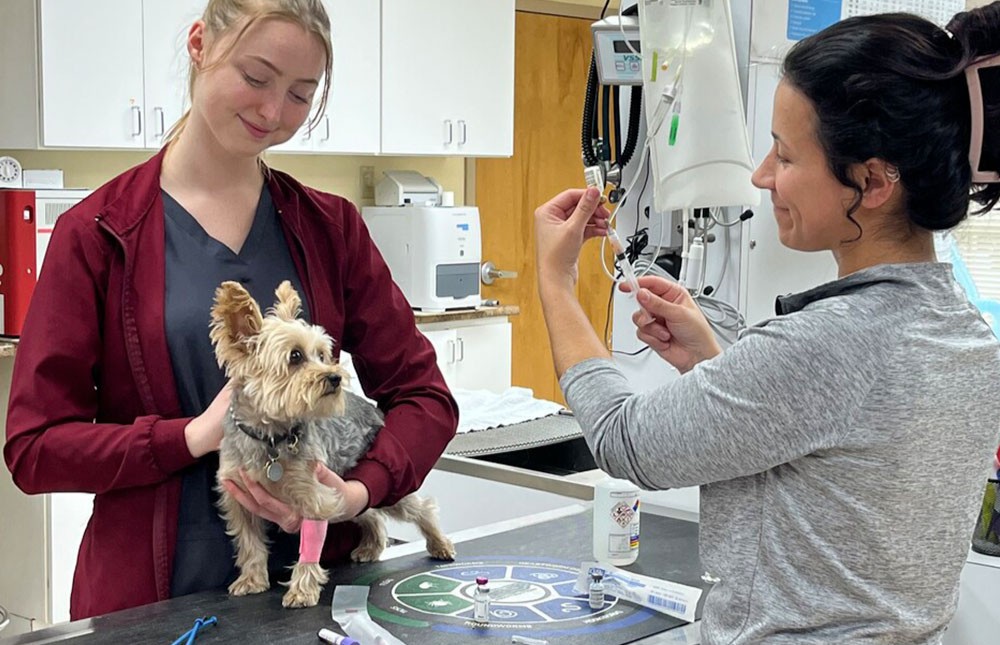
Pet Wellness Exams & Preventative Care
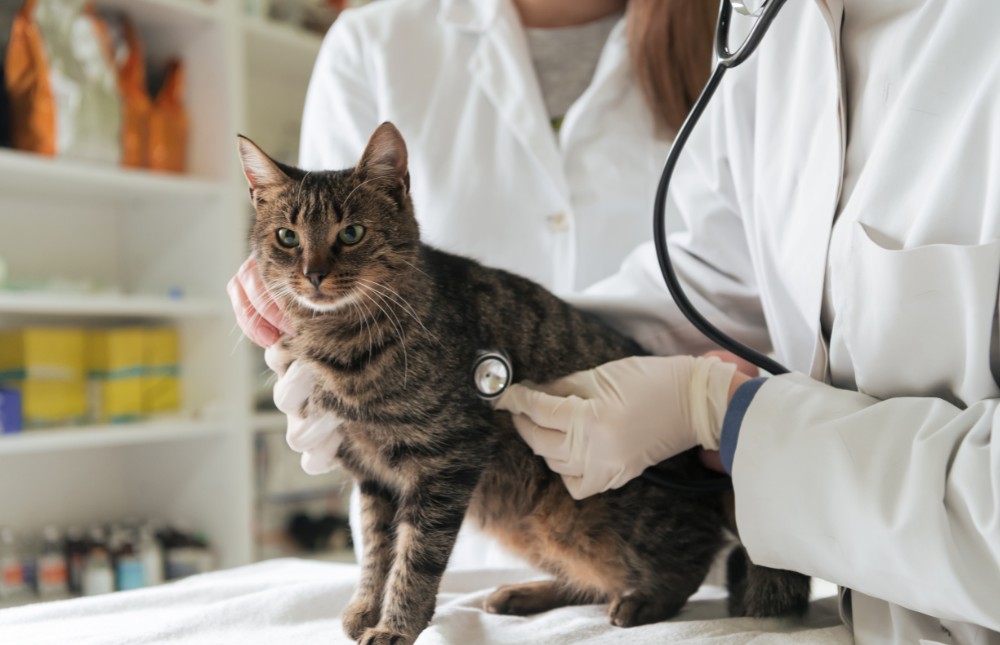
Pet Heartworm Prevention & Detection
